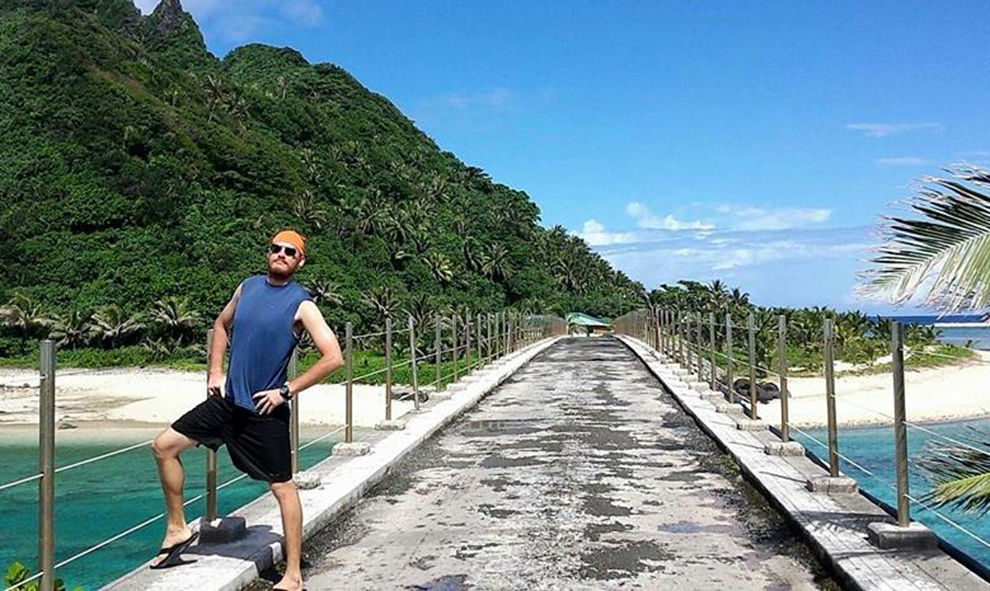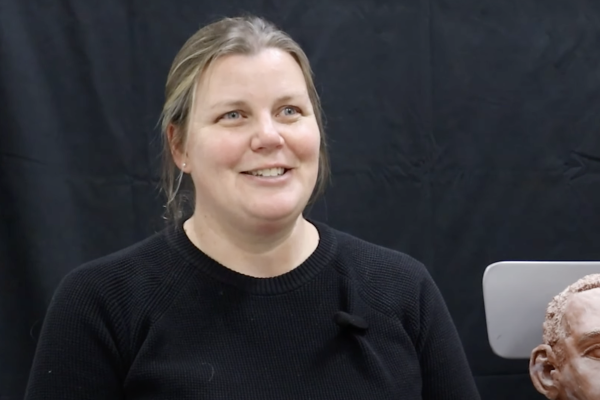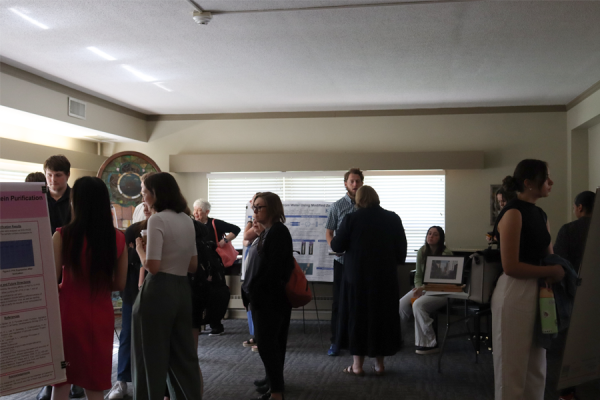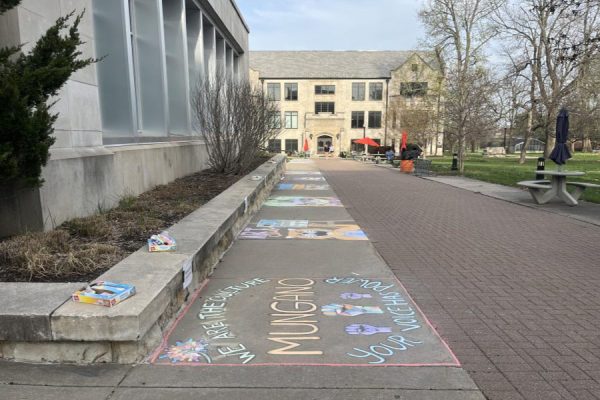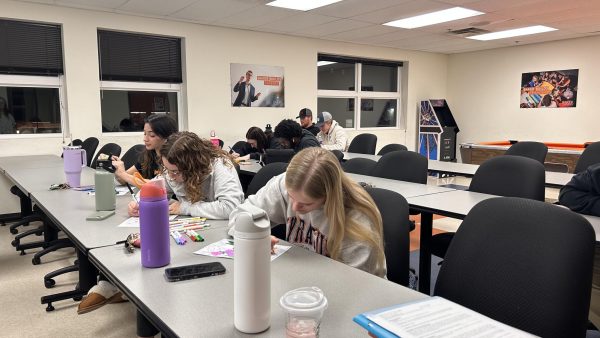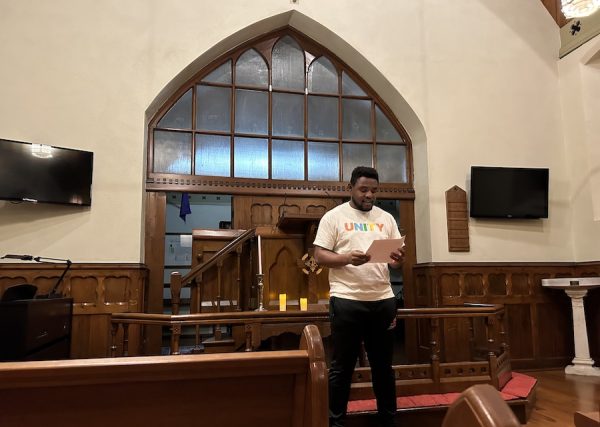BU grad volunteers for WorldTeach program
Almost off the map, on the American Samoan island of Manu’a in the South Pacific, 2014 Baker graduate Bryan Williams is laying down roots and learning life lessons with the WorldTeach program.
WorldTeach is a program put in place to educate students in developing countries, along with exposing promising teachers to the education systems in developing countries to create responsible global citizenship. Williams first became interested in the program after Bret McSpadden, 2010 alumnus, came back to Baker to share his experience with students.
After researching the program, Williams picked WorldTeach because of the security and training offered while he became familiar with a new location, in addition to recommendations from past volunteers.
“They also have an excellent track record with previous volunteers, as well as many helpful blogs and videos that aid your preparation,” Williams said. “WorldTeach has a proven track record of supporting volunteers in and out of the classroom. They make transitioning to a life away from home much easier for many volunteers.”
Originally, Williams had chosen and was accepted to volunteer in Micronesia. But when asked to change locations, he was more than willing to accommodate.
“I really just wanted to be with one of their three programs in the South Pacific, American Samoa, Micronesia or the Marshall islands,” Williams said.
After arriving in early August, Williams began teaching English to the 70 students at Manu’a High School, the only high school shared between the three American Samoan islands. The total combined population of the islands is 1,500.
After studying in a traditional United States classroom setting at Baker, Williams faced some obstacles adjusting to the Manu’a High School learning environment.
“The educational environment and society as whole in American Samoa celebrates group communal success,” Williams said. “Many students struggle with doing independent assignments and not relying on the knowledge and power of a group.”
After joking that fruits on the island are more like potatoes than bananas, Williams shared other challenges working abroad has created.
“A lack of full cultural understanding,” Williams said. “I will never fully understand the Samoan culture, but it was one that I have come to appreciate more often than not.”
Entering the WorldTeach and the American Samoan experience, Williams said his goal was simply “to be great.” The search for greatness has taught Williams lessons not only in culture, but also in others’ willingness to create change in the world.
“Many people dream or talk of change, but very few people are willing to invest in change or work for change,” Williams said.
After Williams’ contract expires in June, he plans to work toward a master’s degree in educational leadership from the University of Kansas’ online program while continuing to teach in American Samoa. Ultimately, Williams hopes to use his degree and experience in American Samoa to work in educational policy reform.
“I have had the privilege of working closely with our administration on our accreditation process which has given me more insight into particular practices in educational policy that need to be altered, replaced, or erased,” he said.
Much like McSpadden inspired Williams to look into the WorldTeach program, Williams would like to encourage a certain type of Baker student to look into the experiences WorldTeach offers in China, Nepal, Thailand, Morocco, Namibia, South Africa, Samoa, the Marshall Islands, Micronesia, Poland, Guyana, Costa Rica, Chile, Ecuador and Colombia.
But he only wants to encourage those who really have the heart for a job like his.
“Working abroad takes an open-minded person,” Williams said. “Working in a remote place, like the Manu’a islands, is not for the faint of heart, or those people who are ‘looking to find themselves.’ If you want to find yourself after college go backpacking or something, but just stay away from a classroom.”


